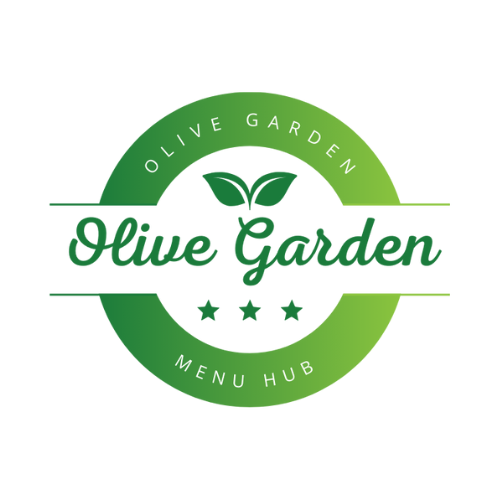Whether you’re chasing gold on the track, dominating the soccer field, or building endurance in the gym, what you eat is just as important as how you train. Elite athletes know that nutrition isn’t just fuel—it’s a competitive edge. From international sports news to cutting-edge applications of AI in entertainment and fitness, the spotlight is now brighter than ever on what top-tier players put on their plates.
In this article, we’ll dive into the essential foods that every sports player—regardless of their discipline—should consider adding to their routine. From protein-packed meals to hydration-boosting options, let’s break down what fuels champions.
1. Lean Proteins for Muscle Repair and Growth
Athletes put their muscles through intense strain, and recovery is key to performance. Lean proteins provide the amino acids needed to repair tissue and build strength.
- Top Picks: Chicken breast, turkey, salmon, eggs, Greek yogurt, and plant-based options like lentils and tofu.
- When to Eat: Include protein in every meal, especially after workouts to enhance recovery.
Notably, international sports news often features top-performing athletes praising the role of clean proteins in their diet. Whether it’s a UFC fighter or a track star, consistent protein intake is a common theme in their success stories.
2. Complex Carbohydrates for Sustained Energy
Carbohydrates are a sports player’s best friend when it comes to endurance. Unlike simple sugars, complex carbs release energy slowly, keeping stamina high throughout long matches or training sessions.
- Top Picks: Oats, brown rice, quinoa, sweet potatoes, and whole-grain bread.
- When to Eat: Pre-workout meals should include complex carbs to ensure energy is readily available.
Sports scientists and coaches often stress the importance of a balanced carb-to-protein ratio. International sports competitions like the Olympics highlight athletes’ meticulous pre-event meal planning, where carbs play a leading role.
3. Healthy Fats for Hormonal Balance and Joint Support
Fats aren’t just for energy—they support brain function, regulate hormones, and keep joints lubricated, which is crucial for avoiding injury.
- Top Picks: Avocados, nuts, seeds, olive oil, and fatty fish like salmon and mackerel.
- When to Eat: A moderate amount with meals throughout the day supports long-term health.
These healthy fats are staples in the Mediterranean diets often followed by European footballers and tennis champions, as reported frequently in international sports news outlets.
4. Hydrating Foods for Optimal Performance
Dehydration can lead to fatigue, cramps, and reduced focus—three things no athlete can afford. While drinking water is a must, hydrating foods can provide an extra boost.
- Top Picks: Cucumbers, oranges, watermelon, celery, and strawberries.
- When to Eat: Before, during (if possible), and after physical activity.
Pro athletes often monitor their hydration levels rigorously. In fact, teams now use AI in entertainment and sports analysis tools to track hydration metrics in real-time, customizing fluid intake for individual players.
5. Antioxidant-Rich Foods for Recovery
After rigorous activity, the body produces free radicals that can lead to inflammation and muscle soreness. Antioxidants help fight off this stress.
- Top Picks: Blueberries, spinach, kale, dark chocolate, and green tea.
- When to Eat: Best consumed post-workout or as part of recovery meals.
International sports news frequently highlights how antioxidant-rich superfoods have become standard in recovery protocols for athletes, particularly in sports like cycling, basketball, and even esports, where mental recovery is crucial.
6. Supplements – Use with Caution
While whole foods should form the base of every athlete’s diet, supplements can fill in gaps. However, they must be chosen wisely and legally.
- Common Supplements: Whey protein, BCAAs, vitamin D, magnesium, and omega-3s.
- Advice: Always consult a sports nutritionist to ensure compliance with anti-doping regulations.
AI in entertainment has also made its way into supplement recommendation platforms. These systems analyze biometrics and training loads to suggest specific nutritional needs, helping athletes personalize their intake more effectively than ever.
7. Meal Timing and Consistency
What you eat is important, but when you eat can be just as crucial. Skipping meals or eating inconsistently can cause blood sugar crashes and reduced performance.
- Best Practices:
- Eat a balanced meal 2–3 hours before training or competition.
- Snack on carbs and protein 30–60 minutes post-workout.
- Stay consistent with meal times to support metabolism and energy regulation.
Final Thoughts: Nutrition Meets Innovation
In today’s highly competitive sports landscape, the line between victory and defeat is razor-thin. Nutrition is no longer left to chance. With insights from international sports news and technological advances such as AI in entertainment and athletic performance, players have more tools than ever to optimize their diets.
The champions of today aren’t just training hard—they’re eating smart. Whether you’re a weekend warrior or an aspiring pro, fueling your body with the right foods is the first step toward greatness.








